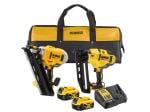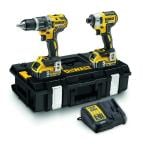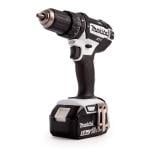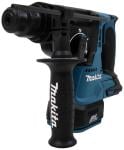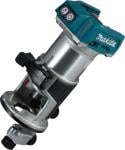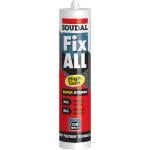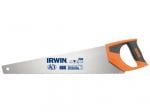The History of Metabo: A Legacy of Precision and Durability
Introduction
Metabo, a renowned name in the world of power tools, boasts a rich history that spans over nine decades. With a steadfast commitment to precision and durability, Metabo has left an indelible mark on the tool industry. Join us on a journey through time as we explore the fascinating history of Metabo.
Founding and Early Days
The story of Metabo begins in 1924 when Albrecht Schnizler and Julius Closs co-founded the company in Nurtingen, Germany. From the very outset, their goal was to produce high-quality and reliable tools.
The First Handheld Drill
In 1932, Metabo introduced the first handheld drill with a pistol grip and trigger switch. This innovation revolutionized the way professionals and craftsmen worked, setting the stage for Metabo's dedication to ergonomic tool design.
Post-War Resilience
The aftermath of World War II was a challenging period, but Metabo displayed resilience and determination. They quickly recovered and resumed production, playing a crucial role in the reconstruction efforts.
Innovation in Electric Grinders
In the 1950s, Metabo was at the forefront of the tool industry once again with the introduction of electric grinders. These grinders provided the precision and power needed for tasks in metalworking and construction.
Global Expansion
With a growing reputation for quality and durability, Metabo expanded its presence globally. The establishment of subsidiaries and distribution networks allowed them to serve professionals and enthusiasts in various parts of the world.
Embracing Cordless Technology
In the late 1980s, Metabo embraced cordless technology by introducing its first cordless drill. This move offered users unprecedented mobility and flexibility, further solidifying Metabo's position as an industry leader.
Focus on Sustainability
In recent years, Metabo has placed a significant emphasis on sustainability and environmental responsibility. They have incorporated energy-efficient production processes, reduced waste, and developed tools that are environmentally friendly.
Digital Integration and Smart Tools
Metabo, like other leading tool manufacturers, recognized the potential of digital integration. They have introduced smart tools that connect to mobile apps, providing users with real-time data, performance tracking, and maintenance alerts.
Industry Leader
Today, Metabo stands as an industry leader in the power tool sector. Their comprehensive range of tools, including drills, grinders, impact drivers, and more, are known for their precision, durability, and ergonomic designs.
Global Trust
Metabo's unwavering commitment to quality has earned them the trust of professionals and DIY enthusiasts worldwide. In fields such as construction, metalworking, and woodworking, Metabo tools are regarded as the go-to choice for demanding tasks.
Conclusion
Metabo's history is a testament to its relentless pursuit of precision and durability in the world of power tools. From its humble beginnings in Germany to its present-day global dominance, Metabo has consistently raised the bar for quality and innovation in the industry. Its legacy of producing tools that are not only powerful but also built to last continues to shape the future of tools and craftsmanship in a world that demands precision and reliability.
Frequently Asked Questions
- Who founded Metabo? Metabo was co-founded by Albrecht Schnizler and Julius Closs in 1924.
- What was Metabo's first groundbreaking innovation? In 1932, Metabo introduced the first handheld drill with a pistol grip and trigger switch.
- How did Metabo contribute during the post-war period? Metabo displayed resilience and contributed to the post-war reconstruction efforts by quickly resuming production.
- What was Metabo's significant innovation in the 1950s? In the 1950s, Metabo introduced electric grinders that were pivotal in metalworking and construction tasks.
- How does Metabo focus on sustainability today? Metabo focuses on sustainability through energy-efficient production, waste reduction, and environmentally friendly tool development.


